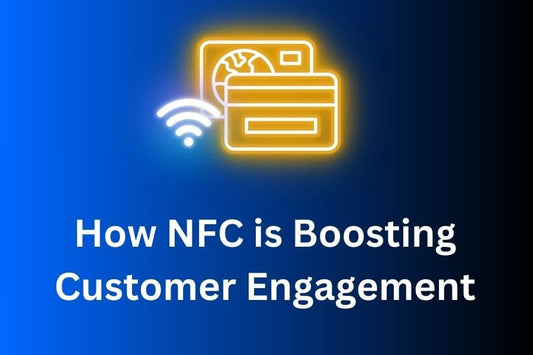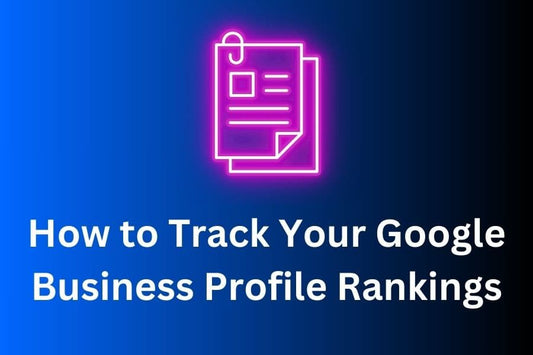In today’s competitive business landscape, simply having a website isn’t enough to attract local customers. To ensure that your business appears in search results when potential customers are searching for services nearby, you need to optimize for Local SEO. But what exactly is Local SEO, and why does it matter? In this comprehensive guide, we’ll break down the basics of Local SEO, how it works, and why it’s a game-changer for businesses looking to grow their customer base in a specific geographic area.
What is Local SEO?
Local SEO (Local Search Engine Optimization) is the process of optimizing your online presence to increase visibility in local search results. It’s designed to help businesses with a physical location or those serving specific geographic areas get found by nearby customers who are searching for their products or services. Examples of local searches include queries like:
- “Best pizza near me”
- “Plumber in [city]”
- “Hair salon open now”
When a potential customer enters a search query with local intent, search engines like Google prioritize businesses in the local area that are relevant to the query. This makes Local SEO vital for businesses that rely on local traffic.
How Does Local SEO Work?
Local SEO works by sending signals to search engines that help them understand where your business is located and what services you offer. These signals come from a variety of factors, including:
-
Google Business Profile
Having an optimized Google Business Profile (GBP) is essential for Local SEO. It allows your business to appear in local search results and on Google Maps. Ensuring that your GBP is up-to-date and fully optimized helps search engines connect your business with relevant local searches. -
NAP Consistency
NAP stands for Name, Address, and Phone Number. Search engines rely on this information to understand where your business is located. Consistency across all platforms (website, GBP, directories, social media) is critical for Local SEO. Even small inconsistencies can confuse search engines and hurt your rankings. -
Local Citations
Citations are mentions of your business’s name, address, and phone number across the web, such as in online directories or review sites. The more accurate citations you have, the better it is for Local SEO. Citations help establish your business’s location and relevance. -
Online Reviews
Google reviews are a significant ranking factor in Local SEO. Having a steady stream of positive reviews signals to search engines that your business is trustworthy and provides value to customers. Encouraging reviews and responding to them regularly can improve your local rankings. -
Local Keywords
Using local keywords in your website content and meta descriptions helps search engines understand your service area. Keywords like “[service] in [city]” can help your business appear in relevant local searches.
The Benefits of Local SEO for Businesses
Local SEO offers numerous advantages for businesses, especially those that rely on local customers. Here are some of the key benefits:
-
Increased Online Visibility
With Local SEO, your business is more likely to appear in the Google Local Pack—the top three search results for local queries. This increased visibility drives more traffic to your website and physical location. -
Attract More Local Customers
Local SEO helps you target customers who are actively searching for services in your area. These customers are more likely to visit your business or make a purchase, leading to higher conversion rates. -
Boost Your Credibility and Trust
A well-optimized Local SEO strategy not only helps your business appear in search results but also builds trust with customers. When they see your business listed in the top results, with positive reviews and accurate information, it builds credibility. -
Stay Competitive
Many businesses are investing in Local SEO, so staying competitive means you need to optimize your online presence as well. By focusing on local search rankings, you ensure that your business isn’t overshadowed by competitors.
How to Get Started with Local SEO
-
Claim and Optimize Your Google Business Profile
The first step to Local SEO success is claiming and optimizing your Google Business Profile. Make sure your NAP information is accurate, and add photos, categories, business hours, and a compelling business description to fully optimize your profile. -
Ensure NAP Consistency Across Platforms
Make sure your business’s name, address, and phone number are consistent across your website, social media, directories, and online listings. Tools like WhiteSpark’s Listings Service can help ensure NAP consistency across multiple directories. -
Encourage Google Reviews
Positive reviews not only build trust with customers but also boost your local rankings. Use NFC technology such as our Google Review Stands and our Google Review Cards to make it easy for customers to leave reviews. The simpler the process, the more likely customers will share their feedback. -
Build Local Citations
Citations from online directories, industry sites, and local listings can improve your Local SEO. Ensure that your business is listed in relevant directories and that your NAP information is consistent across all platforms.
Conclusion
Local SEO is a must for businesses that want to attract more local customers and stay competitive in their area. By optimizing your Google Business Profile, ensuring NAP consistency, gathering reviews, and building local citations, you can improve your online visibility and drive more traffic to your business. With the right Local SEO strategy, you’ll be able to connect with customers searching for your services in their local area and grow your business effectively!





